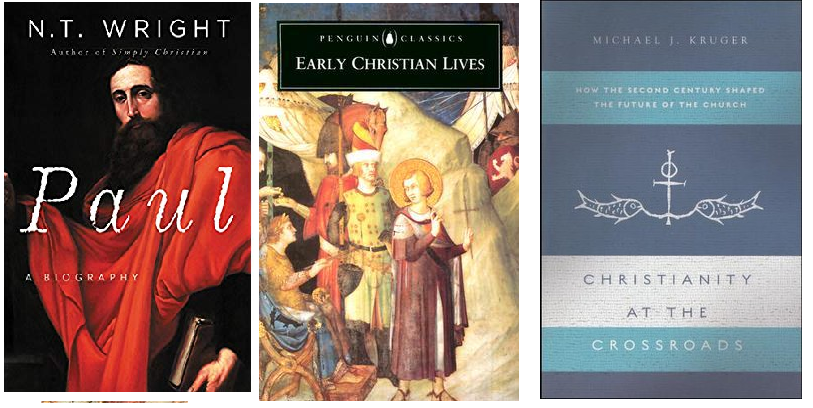
early christianity

Early Christianity was the period from the emergence of the Christian movement in the 1st century CE to the establishment of Christianity as the official religion of the Roman Empire in the 4th century CE. It originated within the Jewish community in the eastern Mediterranean region, particularly in the province of Judea, and gradually spread throughout the Roman Empire and beyond. Early Christians believed in Jesus Christ as the Messiah and Son of God, based on his teachings, miracles, crucifixion, and resurrection as described in the New Testament. The early Christian community was characterized by its emphasis on love, forgiveness, and compassion, as well as its rejection of traditional Roman religious practices. Early Christians faced persecution and martyrdom under Roman authorities, particularly during periods of imperial hostility towards Christianity. Despite this persecution, Christianity continued to grow, fueled by missionary efforts, the translation of the New Testament into various languages, and the establishment of Christian communities in urban centers. Early Christian theology developed through debates and councils, addressing questions of doctrine, scripture, and the nature of God and Jesus Christ. By the 4th century CE, Christianity had become a major religious and cultural force in the Roman Empire, leading to its eventual recognition and adoption as the state religion under Emperor Constantine.
-

Paul
unknown
-

Early Christian Lives
unknown
-

Christianity at the Crossroads
unknown